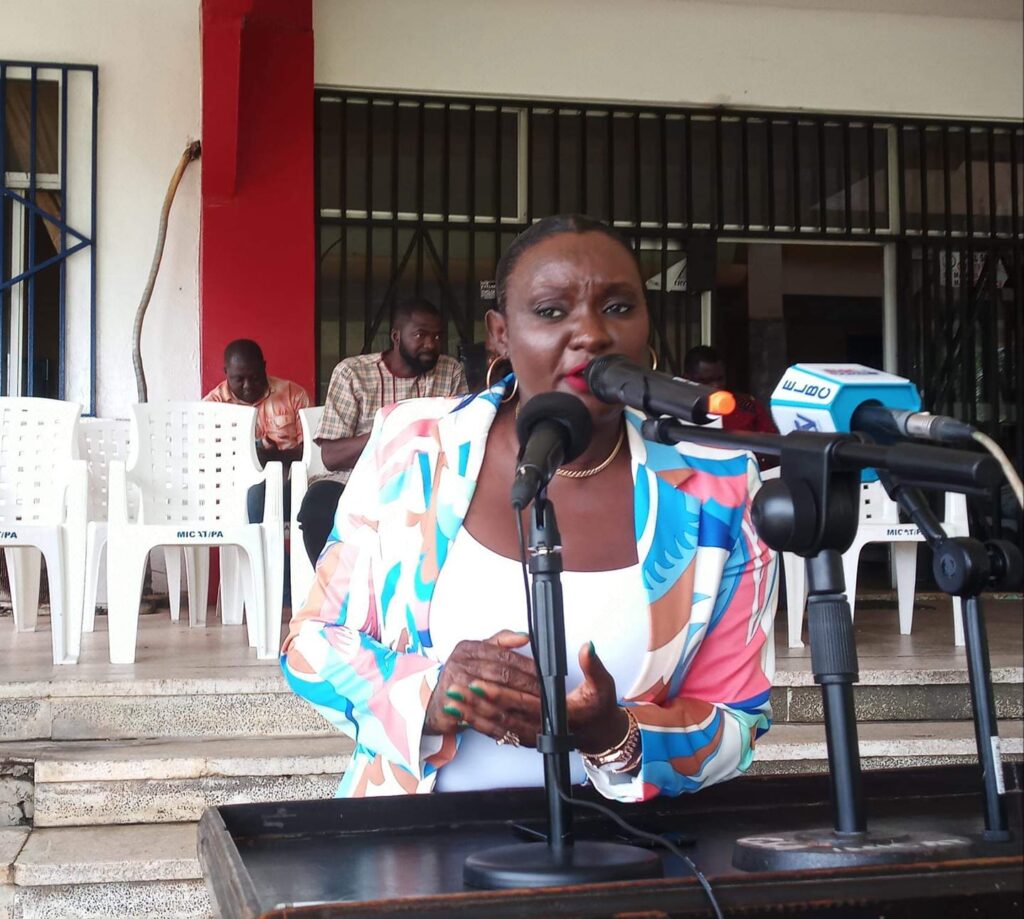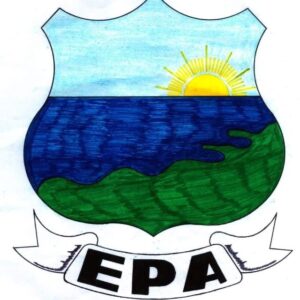NaFAA ATTRACTS WORLD BANK US$40Million FOR FISHERY SECTOR

LIBERIA-SEPTEMBER 24 2021-WTVNEWS: As part of efforts to improve Liberia’s fisheries sector management and enhance the livelihoods of targeted beneficiaries, the World Bank has approved a new financing agreement in the sum of US $40 million.
Of the amount, $20 million grant and $20 million credit), through the Liberia Sustainable Management of Fisheries Project (LSMFP), funded by the International Development Association (IDA).
This new project is specifically aimed at improving and enhancing the Livelihoods of 56,000 fishermen and women, increase value addition for export, and help address the economic vulnerability of the Liberian economy to climate change and vulnerability of food security through the National Fisheries and Aquaculture Authority of Liberia.
Addressing the Ministry of Information regular Thursday press conference, NaFAA Director General Ms Emma Metieh Glassco said the LSMFP will also support the establishment of an industrial and an artisanal fish landing site at the Mesurado Pier in Monrovia, and other artisanal landing sites in Margibi, Maryland, Grand Bassa, Sinoe and Grand Kru counties.
However, this project will support Aquaculture development and strengthen management and governance of the fisheries sector in Liberia, developing human and institutional capacity, and improving policies, strategies, institutional and legal frameworks.
A September 22. 2021 World Bank release further provides that “the fisheries project will also finance development and rehabilitation of the Klay hatchery in Bomi County as a suitable fish hatchery model and aquaculture research center equipped with a standard laboratory for conducting research on fish feed, fingerling production, testing water quality and fish disease. In addition, the project will support the establishment of Farmers Field School (FFS) and model farmer scheme that will facilitate knowledge sharing among farmers and extension technicians”.
Key project beneficiaries include fisheries communities, fish processors and sellers and fish consumers. These include an extensive fishing community of over 11,000 fishers who directly support around 56,000 people using about 3,300 canoes.
The Liberian population in general will also benefit from the project’s contribution to enhancing fish productivity, food security, and job creation and expanding the economic base.
“This $40 million fisheries project presents a unique opportunity for at least 300,000 vulnerable indigenous low-income fisher folks; thereby increasing their daily earnings and strengthening food security for the greater population of Liberia through its climate smart approach activities therein,” Ms. Emma Metieh Glassco told reporters on Thursday.
From the onset of the COVID-19 pandemic, the World Bank Group has committed over $125 billion to fight the health, economic, and social impacts of the pandemic, the fastest and largest crisis response in its history.
The financing is helping more than 100 countries strengthen pandemic preparedness, protect the poor and jobs, and jump start a climate-friendly recovery. The Bank is also providing $12 billion to help low- and middle-income countries purchase and distribute COVID-19 vaccines, tests, and treatments.
In addition to funds provided by the World Bank, Ms Emma Glassco also confirmed concluded aggrement regarding a 3.1 million grant from Island, specifically for fishery lab purpose, as well as a fourty feet continer of consignment of fishery equipment for the Authority (NaFAA).
The National Fisheries & Aquaculture Authority (NaFAA) was created by an Act of National Legislation on October 9, 2017. It functions as a fully-fledged autonomous body pursuant to the Public Authorities Law of the Republic of Liberia.
NaFAA has its roots in the erstwhile Bureau of National Fisheries, which operated as a unit within the department of Technical services of the Ministry of Agriculture from 1956 to 2017.
In order to facilitate the attainment of the overarching vision of the sector, Government, as essential operational actions, will promote: an improved institutional and legislative framework for fisheries management; adaptive research; community and stakeholder participation in capture and culture-based fisheries management and development; effective international, regional, sub-regional and bilateral cooperation for fisheries management; enhanced monitoring, control, and surveillance capabilities; and improve fish quality and value addition technologies for enhanced economic returns in fisheries.



